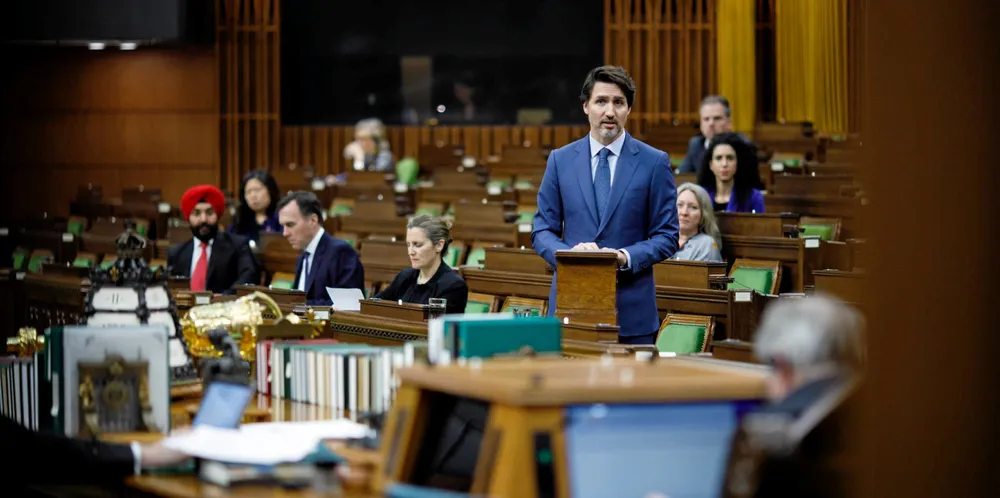Canada aquaculture industry lauds Trudeau's pledge to protect 30% of the ocean from overfishing by 2030
A similar measure is being debated by US lawmakers, with strong opposition from the seafood industry.

A similar measure is being debated by US lawmakers, with strong opposition from the seafood industry.
